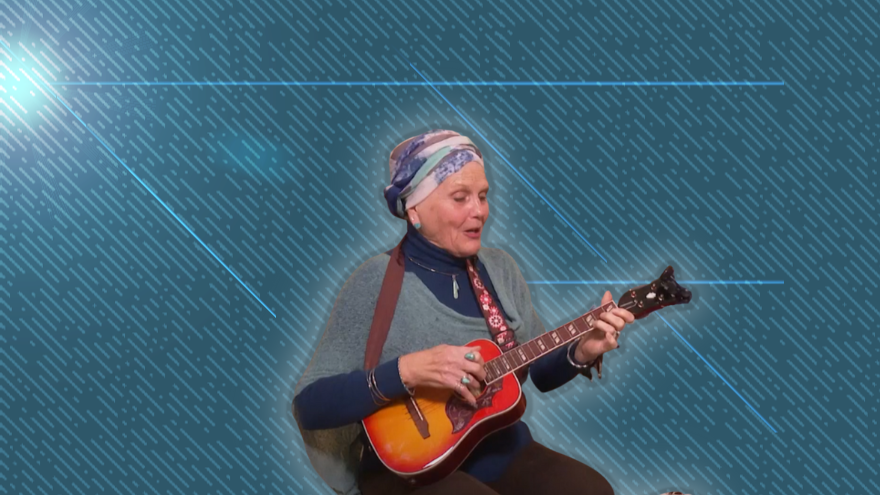A Connecticut woman with terminal cancer successfully argued Vermont’s resident-only assisted suicide law violated her rights as established in the commerce, equal protection, and privileges and immunities clauses of the United States Constitution.
Vermont has agreed to settle with Lynda Bluestein of Bridgeport, Connecticut and Dr. Diana Barnard of Middlebury, Vermont who sued the state last summer.
“I was so relieved to hear of the settlement of my case that will allow me to decide when cancer has taken all from me that I can bear,” Bluestein told AP News on March 14. “The importance of the peace of mind knowing that I will now face fewer obstacles in accessing the autonomy, control, and choice in this private, sacred and very personal decision about the end of my life is enormous.”
Oregon is the only state in the nation that allows non-residents to undergo medically assisted suicide. The other nine states that permit the practice – including Vermont – limit participants to residents only. In February, Vermont’s House Human Service Committee unanimously approved a motion to remove the residency clause from the Patient Choice and Control at the End of Life Act.
“If someone was that sick in my family ... living out of state, I’d like to think that they could come back and be in my home and go through this process with someone in my family,” said State Representative Jessica Brumsted.
As part of the settlement, Vermont has agreed not to enforce the residency requirement for Bluestein and that the Vermont Department of Health will support officially ending the requirement.
“If Ms. Bluestein seeks to invoke the Act, she will comply with all requirements of the Act, and fill and use any prescriptions she may receive, in Addison County Vermont,” per the settlement.
Bluestein, a 75-year-old with advanced fallopian tube cancer, is currently undergoing chemotherapy but has expressed a desire to die within the year. She has previously advocated for assisted suicide legislation in Connecticut and New York.
“I wanted to have a death that was meaningful, but that it didn’t take forever ... for me to die,” she said.
Barnard, who specializes in hospice and palliative care, called on Vermont’s elected official to officially end the residency requirement.
“There is no good reason that non-residents should not be able to use Vermont’s medical aid-in-dying law that has eased the suffering of numerous terminally ill Vermonters since it took effect a decade ago,” she said in a statement published by Compassion and Choices, which assisted with the lawsuit.

